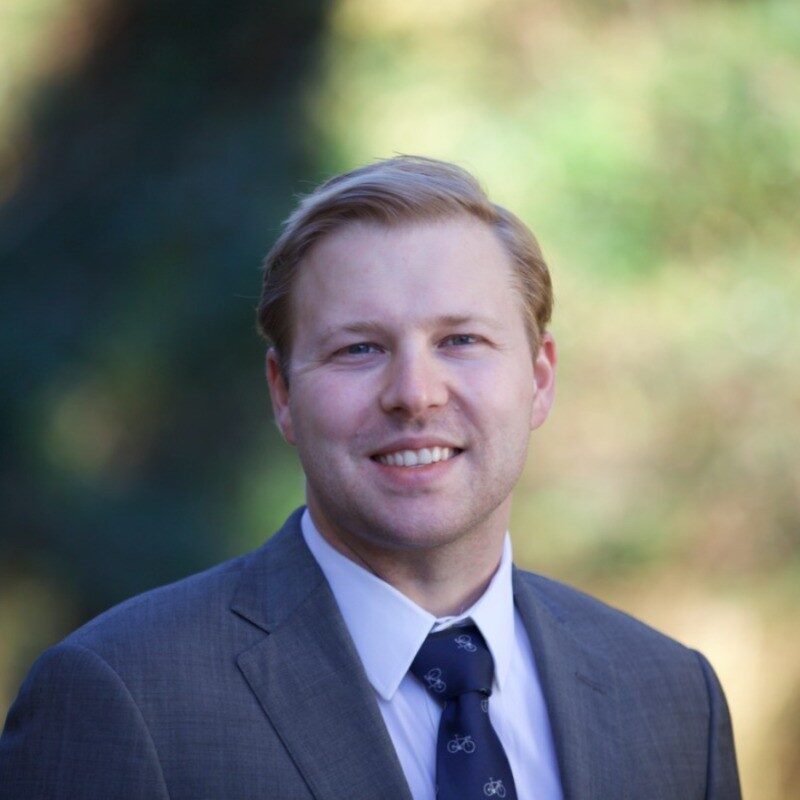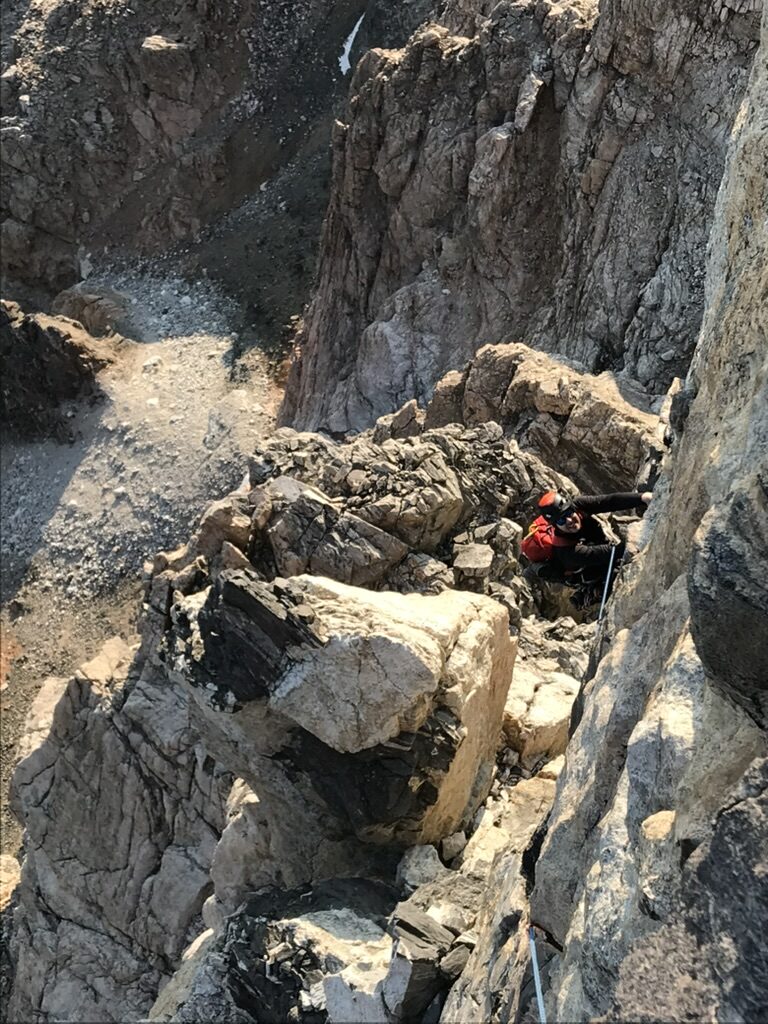
How are you?
Great! I am enjoying the beautiful fall weather and celebrating some recent publications in our research group. Life is good.
Please introduce yourself. What should the world know about Marcello DeLuca?
I am a guy from the backwoods of Maine who is very passionate about how technology can be used to make the world a better place for everyone.
Can you tell us about your research area and what projects you are working on right now?
My work focuses on biomedical artificial intelligence (AI). I work in the Molecular Modeling Lab at UNC under the guidance of my postdoctoral advisor Alexander Tropsha. My projects are a mix of data science, fundamental biophysics, and machine learning. Our most recent project involves using AI for drug repurposing. Drug repurposing is the identification of new uses for existing approved drugs, circumventing most of the complications of new drug development, which can take 15 years and cost over 2 billion dollars to get a single drug to market! Everyone’s favorite example of drug repurposing is Viagra for erectile dysfunction (its active ingredient sildenafil was originally developed to treat angina pectoris, or chest pain arising from reduced blood flow to the heart); and another recent repurposing example is Ozempic, which was originally designed to treat type 2 diabetes but was discovered to work exceedingly well for controlling obesity (and more!). Drug repurposing is also really useful for rare diseases, where patient groups may be too small for conventional drug discovery because of the cost of the approval process, and there are often no approved drugs available for these patients. I currently work with UNC and the nonprofit Every Cure developing the MATRIX project, which is an AI platform used to assess the repurposing potential of every approved drug against every disease using AI. This project was recently honored as a TIME Best Invention of 2025! MATRIX is already bearing fruit. The AI platform is nominating some great drug-disease pairs. Stay tuned for exciting announcements from Every Cure on that front.
Transitioning from mechanical engineering and materials science into molecular modeling sounds like quite a leap – what was that journey like?
To be honest, the transition was very gradual and organic. My PhD focused on the dynamics of nanoscale structures like proteins and DNA. At the end of the day, a lot of proteins are like small machines, just with different math and more statistics needed to describe their behavior. Transitioning from that into my current projects in drug discovery was also quite natural as I had already developed the skills needed to communicate effectively in the field. I joke that mechanical engineering is the liberal arts degree of STEM – it teaches a way of technological thinking that readily translates to any area of study.
Can you share an example of how AI has helped uncover an unexpected insight or accelerate your current work?
AI is an unbelievably effective technology when applied properly. I have developed an AI-based automated curation platform to analyze drug labels from around the world, generating structured data used to train machine learning models. It requires no human intervention and can be updated quarterly for five dollars’ worth of credits on our preferred AI platform. This would have been incomprehensible five years ago. I also use AI for programming, not necessarily for production but for prototyping and proof of concept designs. If I need to develop a simple software feature, I can usually have it done in 5 minutes by carefully crafting a prompt for the functions that I need. Making sure everything works and doing proper testing is another story, but it has greatly accelerated software development. Overall, my work completely revolves around AI: in developing new AI methods, using AI for discovery, and in using AI to accelerate work. A funny side effect of this: I would say that the most important class I have ever taken is now my high school English Language and Composition course, because I spend so much of my day writing precise, unambiguous prompts!
Looking ahead, what excites you most about how AI is transforming biomedical research?
I am most interested in how current biomedical AI work will translate to clinical practice. Medicine is extremely scary. It is one of those fields where if you get something wrong, someone often dies or has the course of their life altered forever. I see a future where AI can be used to check and suggest corrections during every step of medical practice, not replacing doctors, but acting as an incredibly valuable sidekick, with insights from every doctor that has ever existed, deployed at scale to every hospital, urban or rural. AI can be adapted to analyze labs, read x-rays, suggest personalized pharmacological interventions, and suggest changes when errors have been made by doctors. Doctors are only human and sometimes get things wrong. Having an AI system that could detect anomalies and say “Hey, did you mean to do that? You might want to think about trying this instead.” would undoubtedly save hundreds of thousands to millions of lives and prevent countless morbidities resulting from physician error. Seeing that kind of future is what gets me out of bed in the morning.

What advice would you give to other postdocs who want to develop stronger computational or interdisciplinary skills, or incorporate AI into their research?
Dive in! I had no AI experience 2 years ago. Most engineers have all of the math skills required to understand AI at a very deep level. You can become a talented AI practitioner even with minimal mathematical knowledge. Understand how LLMs work so you can write better prompts! Andrew Ng’s Coursera courses are an amazing fundamental AI resource, and if you want a more general understanding of LLMs, 3Blue1Brown on YouTube is amazing.
You’ve been living in the Triangle region since grad school. Do you have any local experiences, places, or activities you’d recommend to fellow postdocs while they’re living here?
Taqueria La Vaquita is my favorite restaurant in the region. The pricing is postdoc-friendly and it is my go-to! I spend a lot of time outside, and the Triangle is one of only a few places with both top universities and good outdoor access. Whitewater kayaking on the Haw river is solid. There are dozens of miles of great mountain biking at Carolina North Forest, Brumley, and around Falls Lake. There is great outdoor rock climbing an hour and a half away at Pilot Mountain and Moore’s Wall.
Can you share a book, movie, or podcast that has had a meaningful impact on you?
My two favorite books are Mawson’s Will and Shantaram. My description cannot possibly do them justice.
Where do you hope to see yourself in the next 5 years?
I hope to be wrapping up the foundational work on a system that reduces the incidence rate of adverse medical outcomes and finds better treatments for the individual.